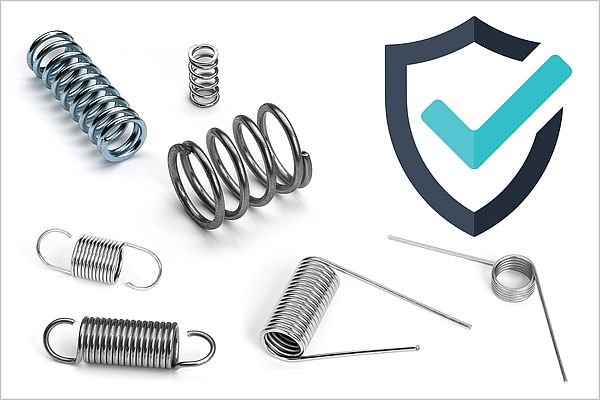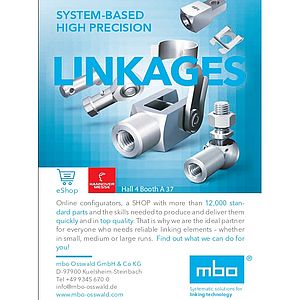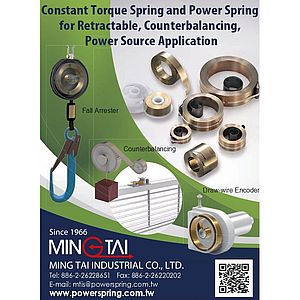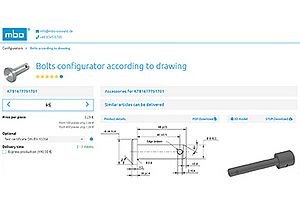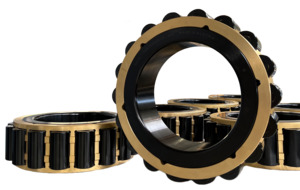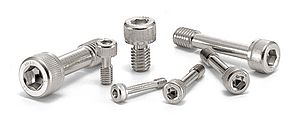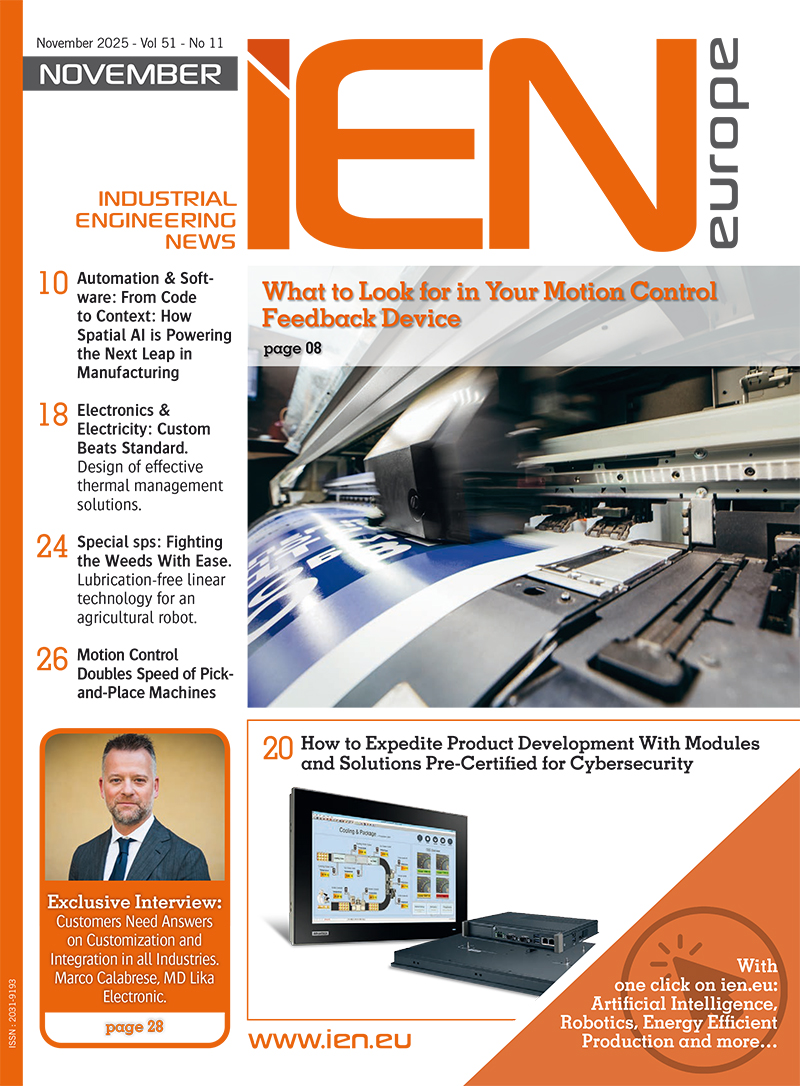Lee Spring explains the benefits of exotic alloys, what they are and when to use them. Super alloys or exotic alloys have high alloy content. They provide improved performance properties including great strength and durability, resistance to oxidation, corrosion and deforming at high temperatures or under extreme pressure. Therefore, they are the best spring materials regarding demanding working conditions that can be encountered in various industry sectors such as automotive, marine or aerospace sectors, as well as oil and gas extraction, thermal processing, petrochemical processing and power generation. They can be used even in tough environments including extreme high or low temperatures, great pressure and facing outdoor conditions, including extreme weather. Barry Steele, Applications Engineer at Lee Spring says: “Springs required to operate in harsh environments could mean anything from underwater, contending with corrosion from saltwater, or contact with ‘sour’ gas from drilling down under the sea bed, to 35,000 feet up in the air battling low temperatures and high wind speeds”.
Exotic alloys and their applications
For instance, the nickel-cobalt alloy, MP35N, consists of nickel and cobalt and fits the marine and sub-sea applications due to its resistance to hydrogen sulphide, saltwater and mineral acids, which can be very corrosive on most metals. Another corrosion resistant alloy is the Monel, a nickel-based alloy that incorporates copper and iron. Acid resistant, it is suitable for marine applications or in other applications involving acids and other highly corrosive substances. Ni Ti nickel-titanium springs perform super elasticity, which can be useful in orthodontic applications. When it comes to off-road bicycles or F1, WRC rally and Touring/GT, titanium alloy springs fit high-performance competition where weight and performance are critical. Moreover, Inconel alloys can be used in valves, pumps or actuators, where the conditions include high pressure and high temperatures, for example in nuclear power stations or for drilling on offshore platforms. Nimonic and Hastelloy alloys are also corrosion resistant and fit the same conditions requirements as Inconel alloys.



